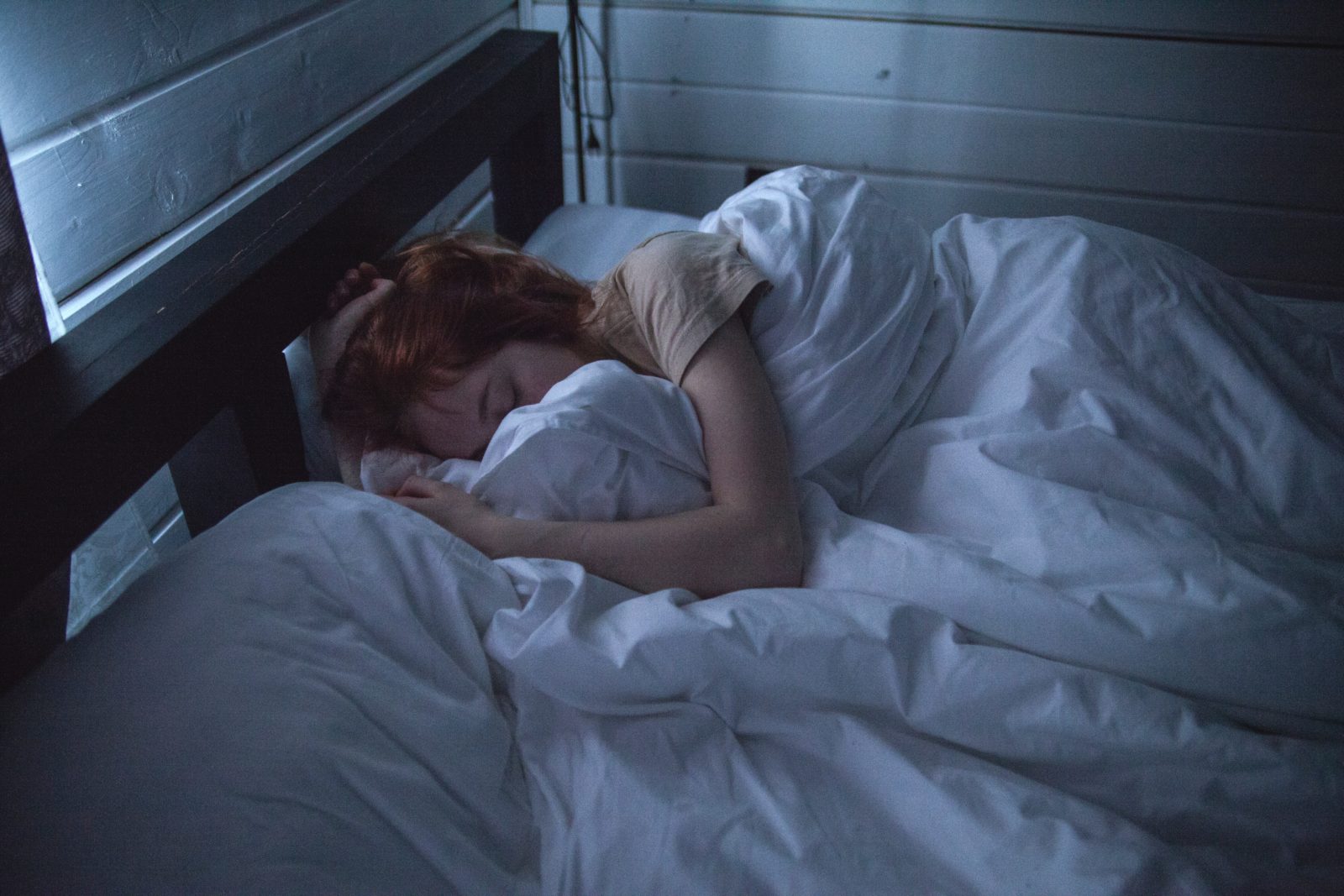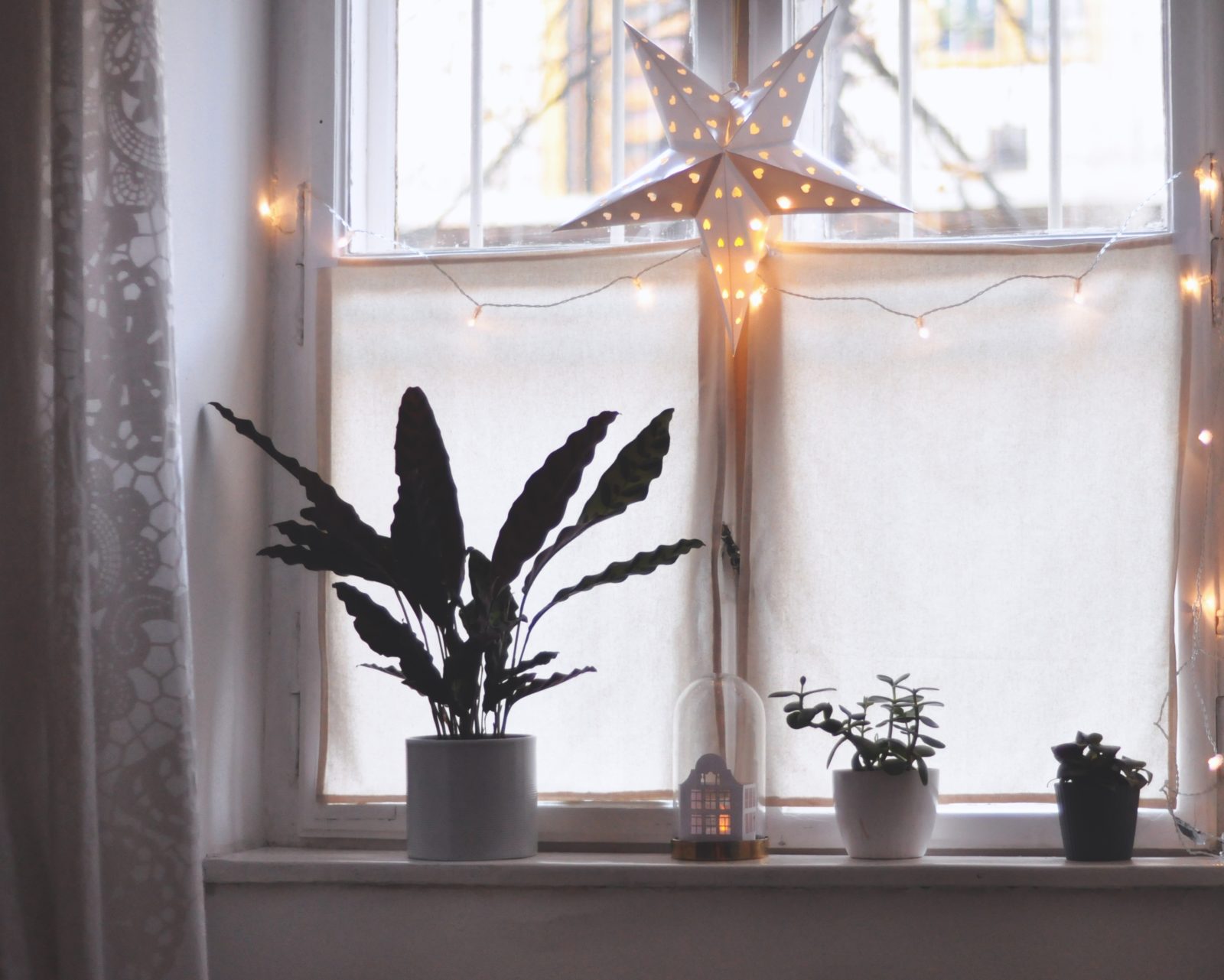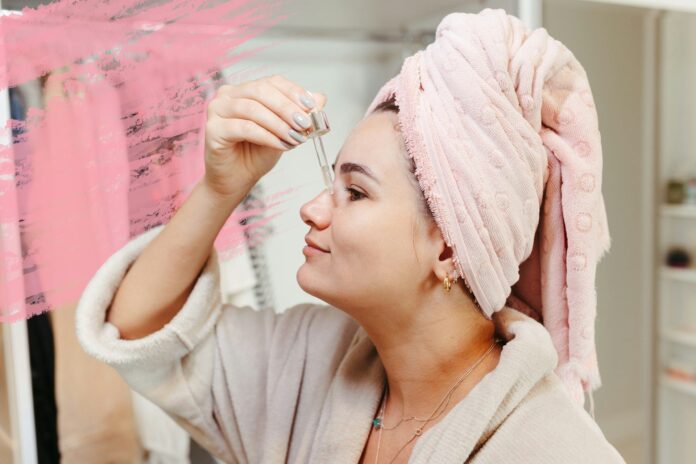In 2017 The Nobel Prize for medicine was awarded to a team of American sleep researchers, thanks to their unlocking of the master genes that control our internal body clocks – scientifically know as the ‘Circadian Rhythm’. The scientists revealed that the genes stimulate activity in the suprachiasmatic nucleus (SCN) part of the brain, which connects to our eyes and the pineal gland.
In a perfect world, this floods the brain with melatonin to elicit deep and restful sleep – switching on at night and off during the day. In our version of reality, modern life and technology are often at odds with nature, hijacking DNA and triggering genes to express themselves in potentially negative ways – including unhealthy sleep patterns.
However, it doesn’t have to be this way. Indeed there are some simple ways to synch-in with your body clock, to help you drift off quickly, improve sleep quality and wake-up feeling fully-charged to win the day. With the help of the sleep experts behind Neubria Drift, a natural sleep supplement that’s been designed to support quality sleep and relaxation, here are 5 IDEAL tips for an improved sleep experience.
BEDROOM YOGA
Many studies have reported that regular Yoga can reduce the time it takes to fall asleep, decrease sleep disturbances and increase its quality. One key reason for Yoga’s long-term sleep-inducing effects is the toning of the vagus nerve, which helps to calm the subconscious nervous system, reduces stress levels and promotes feelings of wellbeing. One particularly effective Yoga pose to aid sleep, is the Plow Pose (Halasana) – give it a go! Relaxation techniques such as yoga, journaling and meditation will also help you get optimal benefits from our sleep & relaxation supplement – Neubria Drift.
TAKE DARKNESS SERIOUSLY
Anyone who has ventured abroad and slept in a bedroom with traditionally shuttered windows, can testify to the surreal feeling of darkness and the exquisite sleep that tends to follow. While ‘getting away from it all’ may have something to do with it, invariably, so does the darkness. We now know that the suprachiasmatic nucleus part of the brain plays a key role in regulating our internal body clocks – a process strongly influenced by changes in the light that reaches your retina and in-turn stimulates the pineal gland to secrete sleep-critical melatonin. Modern life, inclusive of lighting and technology, is at war with nature, confusing our internal body clocks and leaving us wide awake when we should be drifting to sleep. Science links a lack of bedroom darkness with many acute and chronic health problems – so it’s something to take seriously. Indeed, in March 2018 the American Journal of Epidemiology reported that if your bedroom has more than five ‘lux’ of light, it increases your risk of depression (one lux is equivalent to the amount of light that a candle shines from one meter away).
IMPLEMENT THE TIPS BELOW TO ALIGN WITH NATURE
- Try and get outside in the morning light to re-programme your body clock
- Start dimming internal lights in the evening
- Avoid technology/use night modes
- Use shutout blinds or thick curtains to block external lights
- Don’t use digital alarm clocks with LED displays
- Switch off night lights
- Unplug bedroom technology with any lighting
BEDTIME STORIES INSTEAD OF NETFLIX
While your ritual of watching back-to-back episodes of Vikings on Netflix may seem to help you fall asleep on the sofa, opting for Game of Thrones on audio may be a better option for high-quality shut eye. The blue light emitted from the television can interfere with melatonin release, making your sleep less effective. In contrast, audio books can be listened to darkness, taking you into a dream state that’s rich in melatonin. Sit back by candle light, with a cup of relaxing herbal tea, and enjoy a few chapters of an audio books:
RECREATE COOKIES AND MILK
Nothing gets keyboard warriors and scientists up for debate like the topic of ‘eating before bed’ – with some adamant that it leads to weight gain and sleep disruption, and others claiming the opposite. However, this is where a little Buddhist style philosophy comes in handy – because the ‘middle way’ might lead to the best of both worlds in the land of sleep. In truth, research suggests that a light, pre-sleep snack (typically around 60 minutes pre-bed) containing a serving of carbohydrates, some protein and a little healthy fat such as omega-3 can positively affect sleep patterns and may offer benefits including better cardiovascular health. Light pre-sleep snack ideas include:
- Protein Cookie & small glass of Milk
- Tablespoon of Almond Butter on a slice of Whole Wheat Toast
- Piece of Fruit + Tablespoon of Peanut Butter
- Half Cup of Cereal with Milk or Protein Powder
- A few Crackers with Cheese
- Half Cup of Greek Yogurt & Blueberries
Consuming a small amount of carbohydrates before bed stimulates a healthy blood sugar and insulin release, helping sooth the nervous system and promoting sleep-promoting tryptophan uptake in the brain. Adding some protein and healthy fats helps stabilise blood sugar. However, moderation is the key, with 150 to 300 calories ideal for most people; high calorie meals and those high in fat are likely to adversely affect digestion, fat storage and sleep patterns. That said, if you exercise intensely in the evening, risks of gaining weight due to eating carbohydrates are unfounded. While it may be wise to opt for a protein cookie, the childhood ritual of cookies and milk before bed may have substance to it.
SOCIAL INTERACTION
The paradox for insomniacs is that the harder they focus on trying to get to sleep – the wider awake they seem to become! Similarly, for the lucky naturals who manage to drift off during a thunder storm, their secret is often that they’re innately relaxed and don’t have over-active minds. One excellent method of inducing natural sleepiness is to get a good dose of positive social interaction – something scientists have associated with sleep quality and duration. Of course, sometimes in life, relationships breakdown and are at the root of stress and insomnia, but during these times, phoning a loved one, joining a social group or meeting friends can be the help you need to sleep soundly. Positive social interaction is strongly correlated with long-term health, and its influence on sleep is a big reason why.








